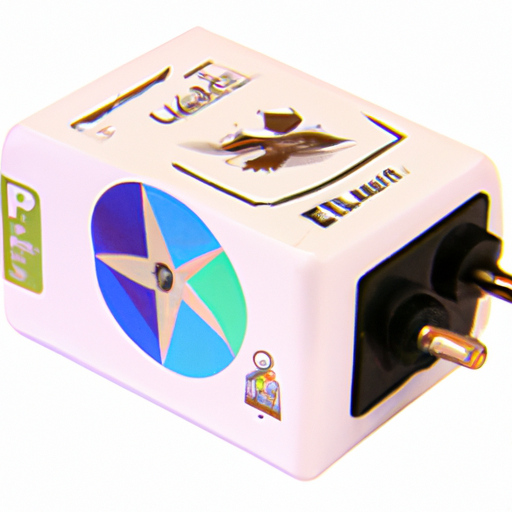

A thin film capacitor is an electronic component used to store charge and energy, as well as transmit signals in circuits. It consists of a structure with two conductive layers sandwiched between insulating thin films, commonly used in filtering, coupling, decoupling, and voltage regulation circuits. Thin film capacitors have the advantages of small size, light weight, good stability, and fast frequency response, making them widely used in electronic products.

The performance of thin film capacitors mainly depends on the material selection and manufacturing process. Common types of thin film capacitors include polyester film capacitors, polypropylene film capacitors, polytetrafluoroethylene film capacitors, etc. These capacitors have different characteristics such as dielectric constant, dissipation factor, operating temperature range, etc., suitable for different application scenarios.
Thin film capacitors have a wide range of applications in electronic products. In communication equipment, thin film capacitors are used for filtering and decoupling to improve signal stability and clarity. In power management, thin film capacitors are used for voltage regulation and filtering to protect circuits from voltage fluctuations. In consumer electronics products, thin film capacitors are used for coupling and decoupling to improve the transmission quality of audio and video signals.
In conclusion, thin film capacitors are important electronic components with advantages such as small size, light weight, good stability, and fast frequency response, widely used in communication equipment, power management, consumer electronics products, and other fields. With the continuous development and intelligence of electronic products, the demand for thin film capacitors will continue to increase, providing strong support for the development of the electronics industry.
A thin film capacitor is an electronic component used to store charge and energy, as well as transmit signals in circuits. It consists of a structure with two conductive layers sandwiched between insulating thin films, commonly used in filtering, coupling, decoupling, and voltage regulation circuits. Thin film capacitors have the advantages of small size, light weight, good stability, and fast frequency response, making them widely used in electronic products.

The performance of thin film capacitors mainly depends on the material selection and manufacturing process. Common types of thin film capacitors include polyester film capacitors, polypropylene film capacitors, polytetrafluoroethylene film capacitors, etc. These capacitors have different characteristics such as dielectric constant, dissipation factor, operating temperature range, etc., suitable for different application scenarios.
Thin film capacitors have a wide range of applications in electronic products. In communication equipment, thin film capacitors are used for filtering and decoupling to improve signal stability and clarity. In power management, thin film capacitors are used for voltage regulation and filtering to protect circuits from voltage fluctuations. In consumer electronics products, thin film capacitors are used for coupling and decoupling to improve the transmission quality of audio and video signals.
In conclusion, thin film capacitors are important electronic components with advantages such as small size, light weight, good stability, and fast frequency response, widely used in communication equipment, power management, consumer electronics products, and other fields. With the continuous development and intelligence of electronic products, the demand for thin film capacitors will continue to increase, providing strong support for the development of the electronics industry.